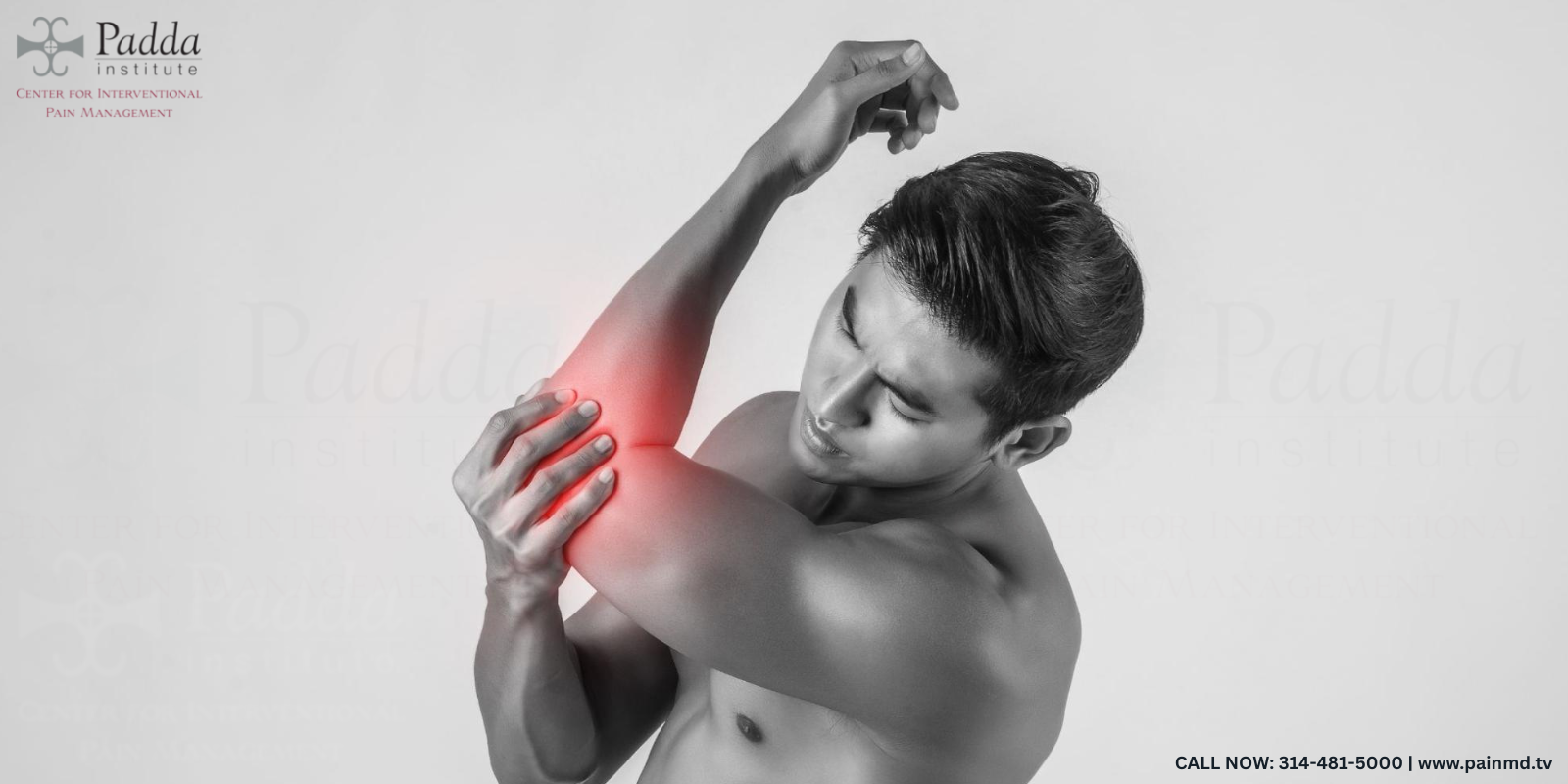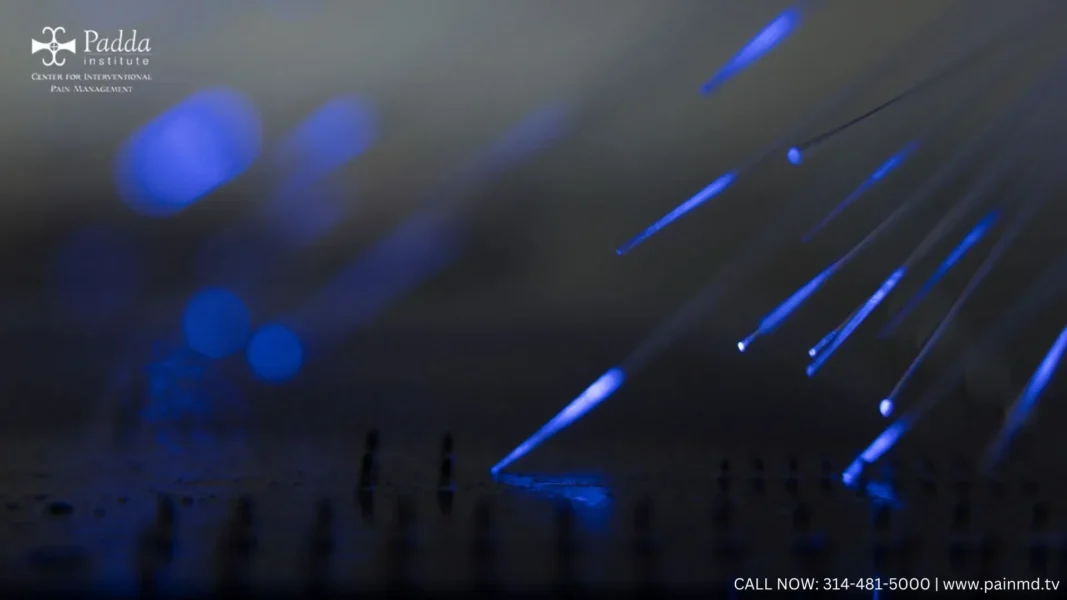Summary: Chronic pain differs significantly from acute pain. Therefore, health experts say that treatment approaches to chronic pain must also vary. Unlike acute pain, in which doctors mainly focus on anatomical changes in the body, chronic pain is worsened by psychological factors. In many cases, doctors fail to provide pain relief in chronic pain, as they focus too much on managing anatomical changes and rectifying them.
Millions of US adults are living with chronic pain. Despite the best treatment, they continue to suffer. Now some health experts say that the reason for this is a wrong approach to chronic pain treatment. New studies show that it is time to reconsider the way doctors treat chronic pain. The primary way to diagnose and treat chronic pain is to look for anatomical changes in the body. Then, prescribe drugs that cause biochemical changes in the body or even carry out surgeries to correct anatomical anomalies.
However, health experts say that such an approach often fails to help. In many instances, the cause of pain is not specific, readily visible anatomical changes. Instead, in many cases, it has more to do with the psychological response to pain and specific brain changes. Just take the example of back pain. It is among the most common kind of chronic pain. However, it is no secret that doctors often cannot treat backache well. It is because they continue to focus too much on the changes in the spinal structures rather than considering the psychological side of the pain.
As soon as someone visits a doctor with a backache, they would go for imaging tests. This approach is not entirely flawed. However, experts warn that it may often lead to wrong conclusions and, thus, an incorrect treatment choice.
Why is it? How could imaging tests possibly go wrong? Well, studies show that anatomical abnormalities do not always result in chronic pain. For example, a study of 3000 healthy young adults without any history of backaches found that 37% had signs of disc degeneration and another 30% disc bulges.
It means that majority of healthy adults already have some visible changes in the spine, but it is not a cause of the pain. Hence, no surprise that when someone experiences backache, doctors can find changes in the spinal disc in most cases. But the question is, do these changes or spinal disc abnormalities have anything to do with backache? Probably not. It might contribute but may not be the prime cause of chronic back pain.
Now the studies confirm that the classical approach to chronic pain management is failing. In many cases, it is doing more harm than good. After a spinal MRI, doctors readily conclude that chronic back pain in their patients is mainly due to spinal disc issues. Hence, spinal surgeries have become the most common surgery in the US. However, a new study shows that only about 26% of people return to work after spinal surgery, compared to 67% who did not have spinal surgery. So, if the pain is not due to the anatomical changes, what possibly could be the cause? Researchers suggest that the cause of chronic pain is in the brain.
Just take an example of one of the largest studies of its kind. It found that anxiety and pain catastrophizing were significant predictors of postoperative chronic pain. It means that in most cases, pain becomes chronic not due to trauma but rather a psychological response to the event. Similarly, another study found that though disk degeneration does increase low back pain risk, mental distress had a greater association with such pains. There are many other studies suggesting that mental distress has much to do with acute pain transitioning to chronic pain5.
These studies are not suggesting that anatomical changes have nothing to do with pain. However, these studies show that chances of acute pain becoming chronic depends much on the person’s psychological status. Psychological causes appear to be more important than anatomical changes in many cases.
This may explain why even a placebo is quite effective at managing chronic pain. Similarly, managing mood disorders, and improving sleep, may also have a positive impact on pain scores. Hence, it is vital to understand that pain, especially chronic pain, has much to do with mental status and, thus, the importance of a holistic approach to chronic pain treatment and management.




